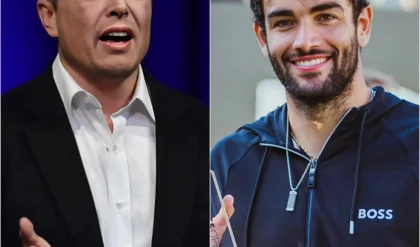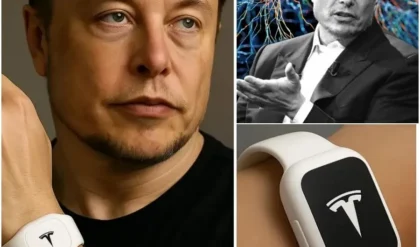Elon Musk, the billionaire of technology and one of the most influential voices in American politics, has again triggered controversy with his public comments regarding the controversial bill on the internal policy of President Donald Trump. Describing the bill as a “disgusting abomination”, Musk harshly attacked the proposal in a series of posts on the Social Media X platform, where it is increasingly using its influence to shape the political discourse.
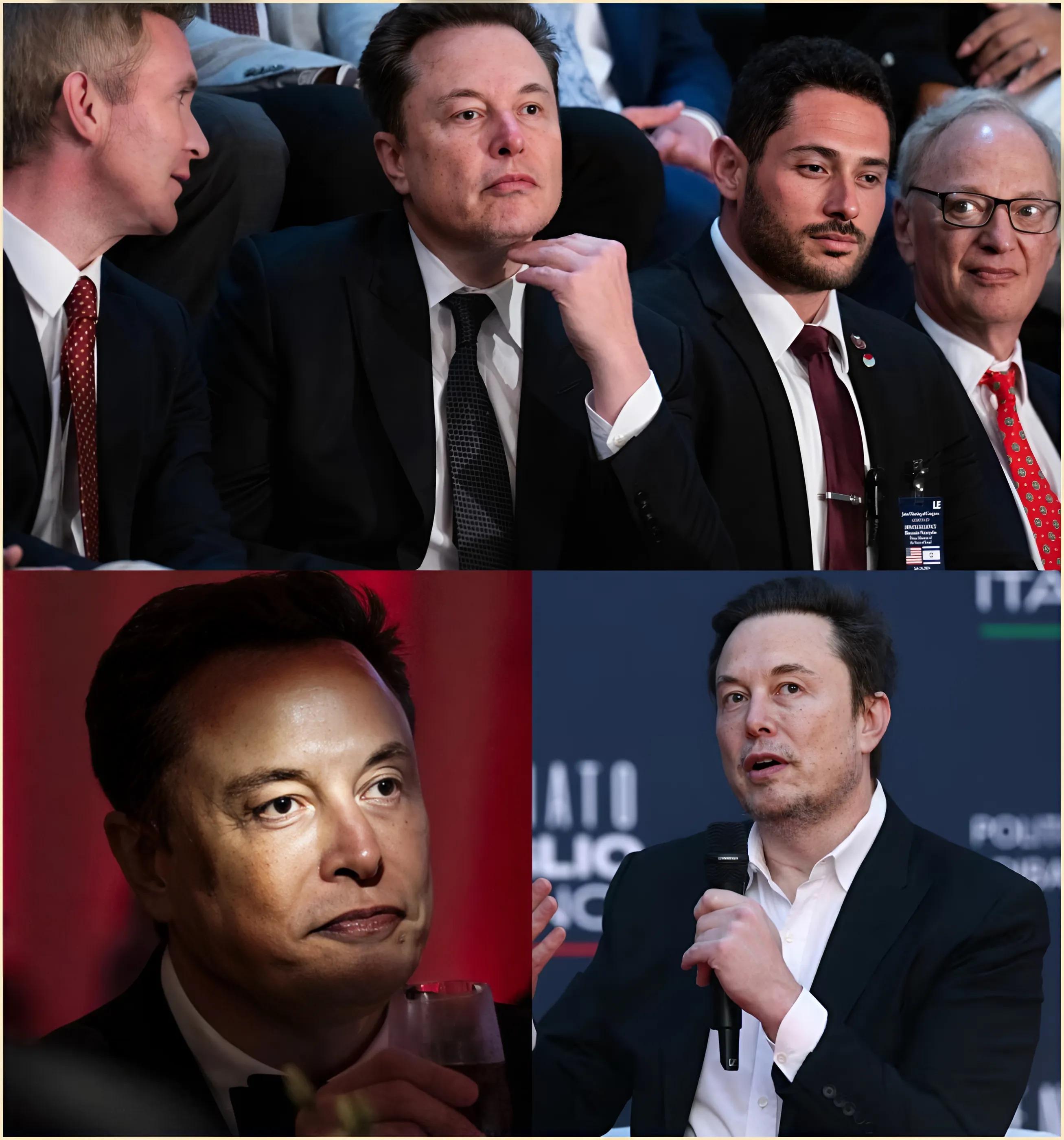
In his interventions, Musk condemned the impact of the bill on the national budget and promised that the politicians who voted in favor of the law will face consequences in the 2026 elections, swearing to “fire all the politicians who betrayed the American people”.
The bill on internal politics, one of the main objectives of Trump, was at the center of a heated debate in Washington. The bill, known as “One Big, Beautiful Bill Act”, is designed to implement the internal agenda of Trump, which includes significant cuts in taxes for the rich, the increase in military spending and a focus on strengthening the application of immigration laws.
However, critics such as Musk claim that this proposal would further worsen the already serious national debt and could lead to severe cuts to vital government programs, including healthcare, education and initiatives for renewable energies.
The fiery words of Musk on X, where he shared comments by Republican senators such as Rand Paul of Kentucky and Mike Lee of Utah, resumed the concerns raised by the tax conservatives within the Republican Party, who opposed the expected impact of the bill on the deficit. Musk, clearly exasperated, commented: “I’m sorry, but I can’t take it anymore”, describing the bill as a “massive, outrageous, full of junk” and warning that he would lead to an unsustainable increase in the budget deficit.
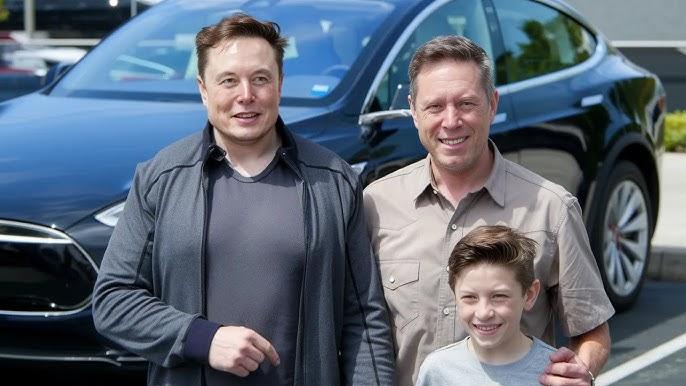
He also claimed that the bill, if approved in its current form, would make America “bankrupt”, further putting American taxpayers in difficulty with an overwhelming debt.
This criticism by Musk marks a clear break compared to his previous support for the Trump Administration. Musk, who once held an important role by supervising the Department of Government efficiency, had been seen as an ally of the President.
However, his recent comments mark a detachment from the president’s policies while Musk starts to distance themselves publicly. His exit from the administration, where he had worked to simplify government processes and reduce costs, allowed him to freely express his thoughts without fear of political repercussions.
The timing of Musk’s statements is particularly significant, since the bill is currently under intense scrutiny at the congress. After going to the Chamber of Representatives on May 22, the bill now faces a crucial proof in the Senate. President Trump has strongly pushed for rapid approval, also appealing to republicans reluctant to support legislation, but the divisions within the party are increasingly evident.
The tax conservatives, such as Senator Rand Paul, expressed concerns about the fact that the bill would only increase national debt, with the Congressal Budget Office which estimates that it would increase the deficit of over 1 trillion of dollars, also taking into account the potential economic growth.
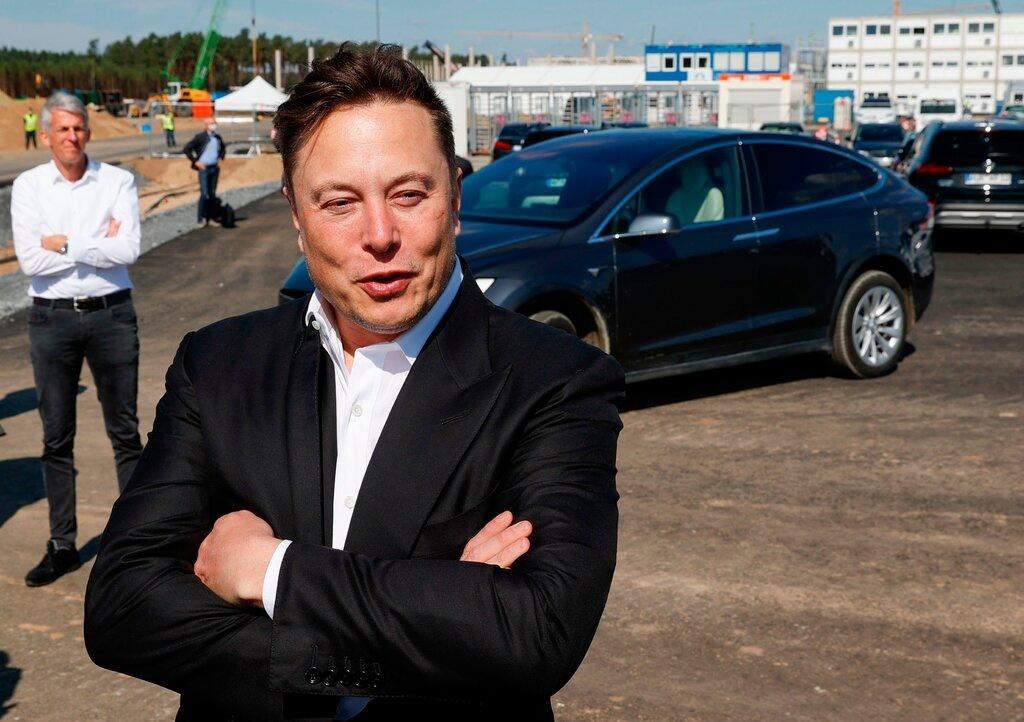
In response to Musk’s criticisms, the President of the Chamber, Mike Johnson, defined the criticism of the “very disappointing” billionaire. Johnson, who was one of the main supporters of the bill, said he discussed the legislation with Musk on Monday, and that Musk seemed to understand his merits. However, Musk’s hard condemnation seems to have destroyed all hope of collaboration between the two.
Musk’s decision to criticize the bill on X has once again put it in contrast with the republican establishment, and his warning to those who supported the law – “in November next year, we will fire all the politicians who have betrayed the American people” – has fueled speculations on his possible role in the 2026 elections.
Musk’s poisonous comments not only alienated him from the Restricted Circle of Trump, but also attracted the attention of various political factions. While Republicans like Mike Johnson rejected Musk’s position, some Democrats took the opportunity to validate their own criticisms of the bill.
The leader of the minority in the Senate, Chuck Schumer, an important democratic exponent, expressed his agreement with Musk’s evaluation, showing the printed copies of Musk’s posts during a press conference on Tuesday. “He’s right,” said Schumer. “Republicans should listen to it.” This unexpected alliance highlights the profound divisions that the bill has created, not only within the Republican Party, but through the entire political spectrum.
The bill, which Trump defended as a necessary tool for economic growth, also met a strong opposition from multiple fronts. In addition to tax conservatories such as Paul and Lee, environmentalists and supporters of renewable energies have criticized the bill for removing subsidies and tax credits intended to promote the adoption of electric vehicles, a question that directly affects Musk, whose Tesla and Spacex companies have been at the forefront in the push towards sustainable electric vehicles and technologies.
For Musk, who built his luck on these innovations, it is clear that he believes that the bill will hinder efforts for a transition to a cleaner and sustainable future.
This criticism by Musk is not the first time that comes into public conflict with members of the Trump administration. In April, he had attacked Peter Navarro, a former Trump commercial councilor, calling him an “idiot” and accusing him of not having a basic understanding of commercial policies. Musk is known for his frank and sometimes controversial public statements, but his recent comments suggest that his patience with Trump’s policies is being failed.
For Musk, the issues are not only political, but also personal. As CEO of Tesla, it has a direct interest in policies that promote the electric vehicle industry. The removal of subsidies for electric vehicles from the bill, which Musk has criticized, would impact directly on Tesla’s profits, undermining the company’s efforts to make electric vehicles more accessible to the American public.
For Musk, the question goes beyond partisania – deals with the future of its companies and the wider vision for sustainable energy.

